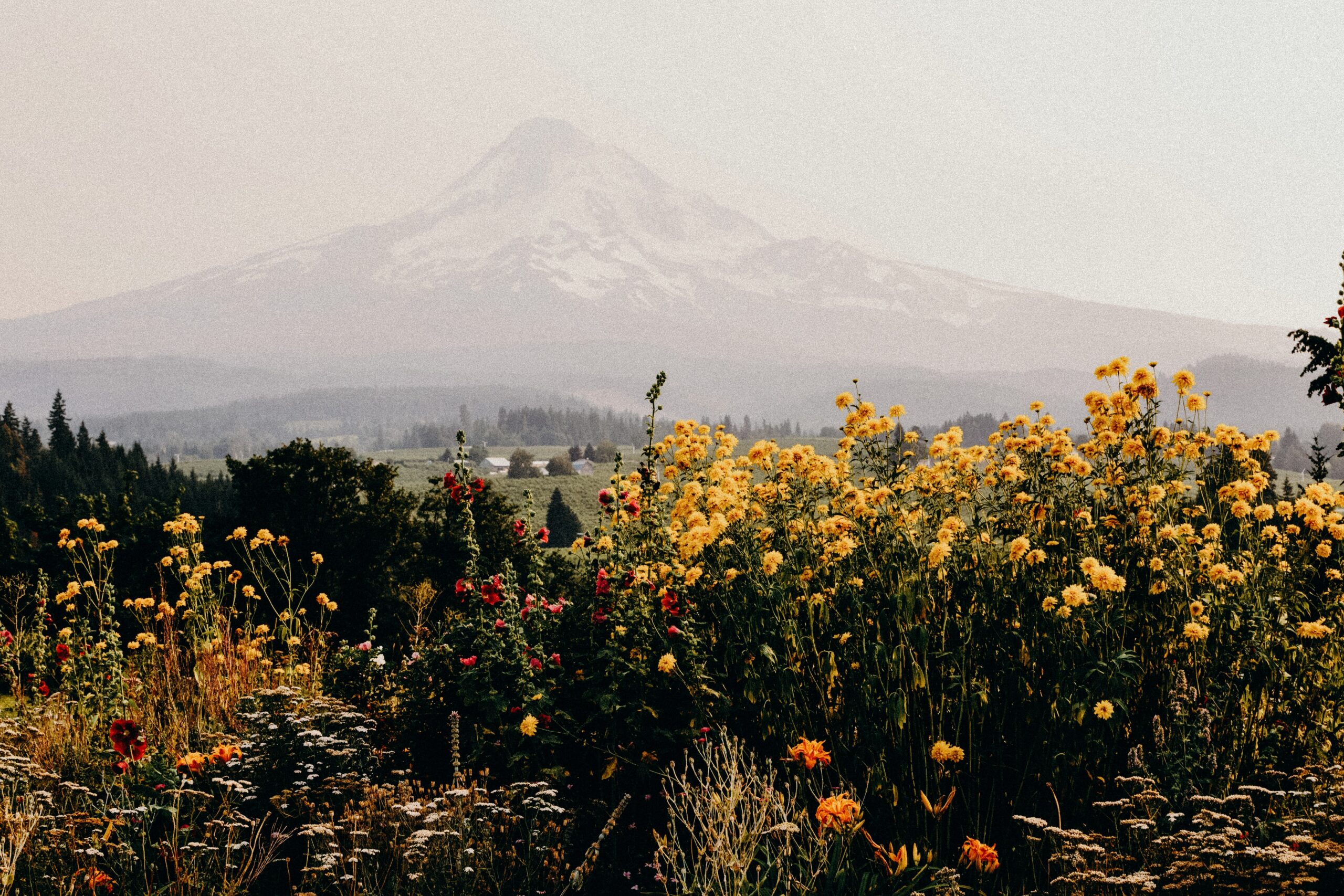Short for the term “biological diversity,” biodiversity refers to all life on Earth. This definition might sound broad, but biodiversity includes a “variety of animals, plants, fungi, and even microorganisms like bacteria,” according to the WWF.
Encompassing the evolutionary, ecological, and cultural processes that take place to maintain balance and support life, biodiversity spans from genes to ecosystems with organisms and species. It includes just about every living thing you can think of, and everything you can’t possibly conceptualize.
Oxford University’s David Macdonald, professor of Wildlife Conservation, stresses that “Without biodiversity, there is no future for humanity.” Whether we acknowledge it or not, humans survive and thrive because of biodiversity. Oxygen, shelter, food, water, and even medicine are supplies derived from it.
Worried about climate change? You should be, but biodiversity reduces the impact and captures greenhouse gases. Certain biological structures, like mangroves along a coastline, protect us from natural disasters.
Let’s compare biodiversity to the human body. Although the latter is on a much smaller scale, everything is a part of something bigger. Biodiversity and our bodies are interconnected in ways scientists are still discovering. Nothing is purposeless and there are so many biological processes that take place at the same time.
Nature heals and restores, just like our bodies. When a natural or manmade disaster happens, like Chernobyl’s Nuclear Power Plant meltdown, vegetation reclaims its land over time – a process referred to as rewilding. When we get a cut, our blood cells go to work to seal it and build new tissue.
Time and time again, biodiversity has impressed us in the form of evolution. Environments that were once hostile are now full of plants and animals that have adapted to survive. Spores are highly resistant to dehydration and heat damage, and tardigrades can even survive in space.
So, how can we support biodiversity in our daily lives? Here are a few suggestions:
- Support local farmers! One in the Tampa Bay area is Emmanuel at the 15th Street Farm. If you don’t have personal connections, check out your closest farmer’s market. We love the Saturday Morning Market in St. Petersburg. You are sure to find seasonal produce picked fresh each week. When you shop at the grocery store, although with more options, the produce may have been picked up to a year ago. Buy organic, if possible, although “Integrated Pest Management” is another great option.
- Better yet, grow your own food. Plant native fruits and vegetables and, if you’re having trouble growing from a seed, buy seedlings from a local plant nursery and transplant them into your organic garden bed.
- Save the bees! “More than one-third of all crop production requires insect pollination,” and honey bees are our primary pollinators, warns the USDA. Increase their population(s) by planting wildflowers with copious nectar and pollen.
- Be mindful of what you consume. Minimalism is a lifestyle, as opposed to an abstract concept that is out of reach. We all have the opportunity to analyze what we need and what we want. Is what we want a fleeting desire or something we’ll continue to want a year from now? Is it consumable or will it last forever? Is there a more sustainable option? Swap single-use plastics for reusable options.
- Without fresh water, biodiversity suffers. Although taking shorter showers might be out of the question for you, pay attention to water usage when brushing your teeth and doing the dishes. If the faucet can be turned off sooner, do it!
Basically, make an effort to preserve plants and animals in their natural environments. This will increase biodiversity helping make up for deforestation and other man-made problems Mother Earth faces.
